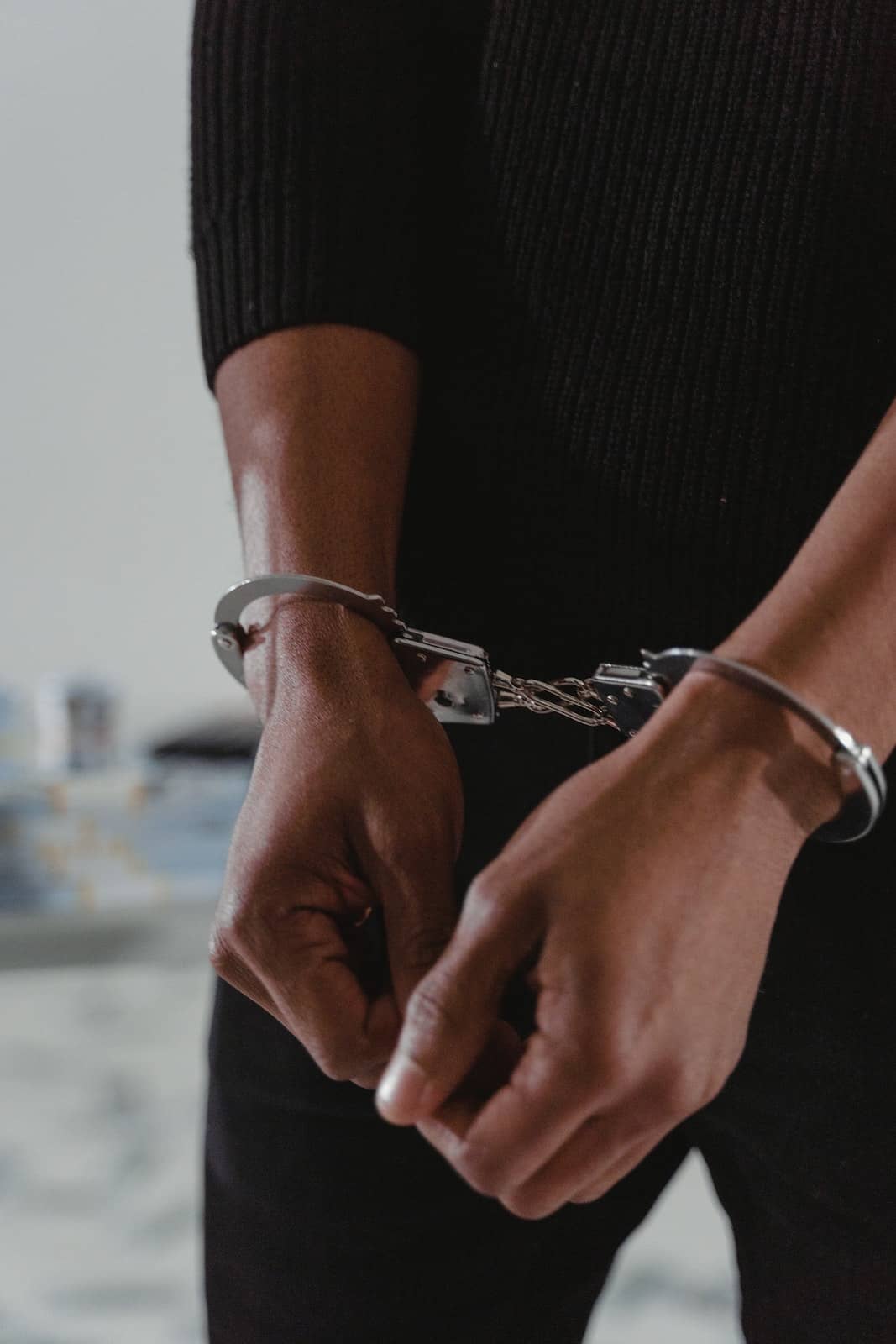
Have you been arrested for a DWI in Austin, Travis County, or somewhere else in Texas? Are you wondering what this means, and how long DWI cases take to get resolved? Generally, these cases can take about 3-6 months before you must make a decision to plead guilty or set your case for trial. If your case goes to trial, the process can take anywhere from four months to over a year before the actual trial date.
What Factors Determine How Long DWI Cases Take?
Factors that determine the length of these cases include:
- The county you were arrested in
- The police agency that arrested you (local, county or state)
- The court your case is filed in
- The seriousness of your DWI (felony, misdemeanor, etc.).
What Are the Stages of Trial for DWI Cases?
Here is an outline of the stages involved in a DWI case:
Arrest
An arrest is the first step in the process for DWI cases. For the arrest to be deemed lawful, an officer must have a justifiable suspicion to pull you over (most often a violation of a traffic law). After you’ve been stopped, the officer needs to establish probable cause to arrest you for a DWI. Typically, probable cause is determined through the administration of a sobriety test. In case the officer isn’t satisfied with your performance on the test, they’ll make an arrest, handcuff you and transport you to jail, where the officer will request a blood or breath test.
Bail
Upon arrest, you may have the right to post a bond to get released from jail. The factors that determine the bond amount you’ll pay include your criminal history, your county of arrest, and your charge (misdemeanor, felony). There are two types of bonds, namely, the cash bond and the surety bond.
A cash bond allows you to personally put the entire amount of the bond in cash. A surety, on the other hand, allows you to use a bondsman. If you post a cash bond, you’ll be entitled to most of your money once the case comes to completion. Otherwise, any amount paid by the bondsman is their fee for putting up the rest of the money for you.
There are certain conditions that may be placed on your DWI bond by a magistrate or judge. The most common one is the placement of an ignition interlock device on your vehicle. This is a requirement if your breath or blood test was over 0.15, or you are charged with a 2nd DWI offense.
Filing
It is rare for the district attorney’s office to dismiss cases. Nearly all DWI cases are accepted for prosecution. Typically, it takes between 20-40 days from your arrest date for a DWI misdemeanor case to be filed and a court date issued. Given that a DWI felony must be presented to a grand jury, it takes longer. It can take a couple of months before you’re indicted and issued with a court date.
Appearances
There are different types of appearances in a court setting, namely:
- First setting: The accused party must attend this appearance. Here, the district attorney and the court will be informed whether you are represented by a lawyer. If you’re represented, your lawyer will speak with the prosecutor and request for videos, a copy of the police report, and results of blood or breath tests. This information will be sent to your attorney by the district attorney’s office within a month.
- Announcements: The purpose of this appearance is to inform the court whether you’re ready to set your case to a plea or a trial.
- Plea settings: Suppose you decide to plead guilty; you’ll be assigned a plea setting by the court. In this setting, you’ll enter a plea before the court. You will then make arrangements to settle court expenses and any fines, make arrangements to serve your sentence or meet with the probation department.
- Pre-trial: This setting is normally held the Thursday prior to your trial. Here, the judge will inform you that the case will be reached on the trial date. Your case will be reset if it isn’t reached. However, if it’s reached, you’ll be required to be present in court on the trial date.
There are usually 2-4 weeks between each of the above settings. You may not be required to attend all of these settings. Your attorney, on the other hand, should attend all of them on your behalf.
Trial
In case you plead not guilty, you’ll have a trial, where either the jury or the judge will determine whether you’re guilty beyond a reasonable doubt. The trial may either be in front of only a judge or a jury trial in front of citizens. Generally, most trials are held before a jury.
Punishment
Suppose you’re found guilty of a DWI offense, the case will proceed to the punishment stage. Here, the state may bring your past crimes and make a sentence of recommendation to the jury or judge. Most often, people prefer to have a judge assess their punishment, given that it is easier to predict how a judge will punish specific defendants. Even so, juries often give less punishment than judges.
Expungement
In case you’re proven innocent of the DWI offense, you will be eligible for expunction of your record. This process requires filing an expunction request with the court and sending the expunction letter to various law enforcement agencies to remove you from all arrest databases.
For DWI Cases, Contact an Experienced Austin Attorney
For more information on how long a DWI case takes, a free consultation is your next best step. Contact a DWI attorney at Stephen Bowling DWI & Criminal Defense Attorneys to get the legal information and best representation you’re seeking.
